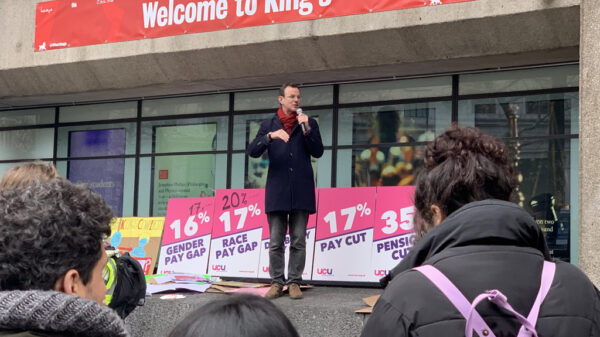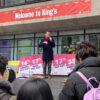Roar writer Manya Sareen on virtue signalling in online activism and why the practice dilutes the efficacy of such movements.
Virtue signalling, though a fairly new term, is not a recent phenomenon. Big businesses and politicians are often accused of faking their environmental or socio-economic concerns to improve the public’s perception of them. Virtue signalling is just that: an act performed to display a virtue that may or may not be true.
In the past few years the term has gained popularity because of social media. Since online virtue signalling is frictionless, it is becoming more widespread. All you have to do is click one button to retweet or share a post.
The need for awareness of virtue signalling lies less with calling other people out and more with self-awareness. Showcasing yourself as virtuous when you’re not is hypocrisy. You begin to feel as if all you have to do to be virtuous is to show it. We often conclude that a post on social media must mean that you care.
With so many issues that society is trying to tackle, can one care about them all? If they can’t, why do they try to? And if people on social media often post about all or most of them, can we conclude that they must be faking some of it?
It would be idealistic to believe that all 24 million posts tagged with #BlackLivesMatter on Instagram were genuine and aiming at spreading awareness. On the other hand, it can be said that virtue signalling is just a pessimistic way of looking at things since you can never actually know one’s motivations.
An example of virtue signalling was the digital campaign for Amyotrophic Lateral Sclerosis (ALS) charity awareness called the ALS ice bucket challenge. It took place in 2014 to help spread awareness about and raise donations for the disease. Overall the campaign was a success, but it also resulted in many individuals posting seemingly jovial videos, making no mention of the disease at all and neglecting to donate for the cause. They cared more about the attention received for it which resulted in virtue signalling.
In the midst of the Black Lives Matter movement, King’s College London, the Guy’s & St Thomas’ NHS Foundation Trust, and Guy’s & St Thomas’ Charity released a joint statement declaring that their statues of Robert Clayton and Thomas Guy would be removed from public view. When there are so many other changes that could be made to dismantle instances of systemic racial inequality at King’s, why should we take the easy way out? Is the removal of the statues simply symbolic? It’s much easier to forget the past than work on issues for our future.
Social media can help us realise that the issues we face often coincide with another individual’s. This is the root cause of why online protesting has become widespread. The #MeToo movement is a great example wherein women all over the world came together, especially on social media, and united against male supremacy. But such unity is the exception, not the rule.
Individuals tend to bypass things that don’t directly impact their families and loved ones. Even though you can empathise with an issue that’s happening halfway across the world, you just can’t feel as much of an attachment to it. So, when people post about such a diverse range of issues on social media, it’s hard not to wonder: is any of it is real? Has online activism, in its widespread use, made itself irrelevant?
The argument against virtue signalling can easily be dismissed by saying “all publicity is good publicityâ€. But on a more introspective note, if you care about an issue, wouldn’t it be more useful to spend your time and energy doing something to elicit real change? Being honest about the things you care about comes with an essential sense of integrity.
It is becoming increasingly important to create change we genuinely care about and leave other issues in other hands. This is not to say that all online activism is virtue signalling. We just have to find a level of virtue without virtue signaling – one that makes yourself feel worthwhile and which leads to the change the world needs.


















